The legacy of Nobel laureates at St Petersburg University, the genetic collection and the history of the Twelve Collegia building: what is in the latest issue of the St Petersburg University magazine
How does St Petersburg University continue the legacy of its Nobel Prize awarded alumni? What is stored in the University’s genetic collections? How was the exact date of the founding of St Petersburg University established? Read about this and more in the latest issue of the St Petersburg University magazine.
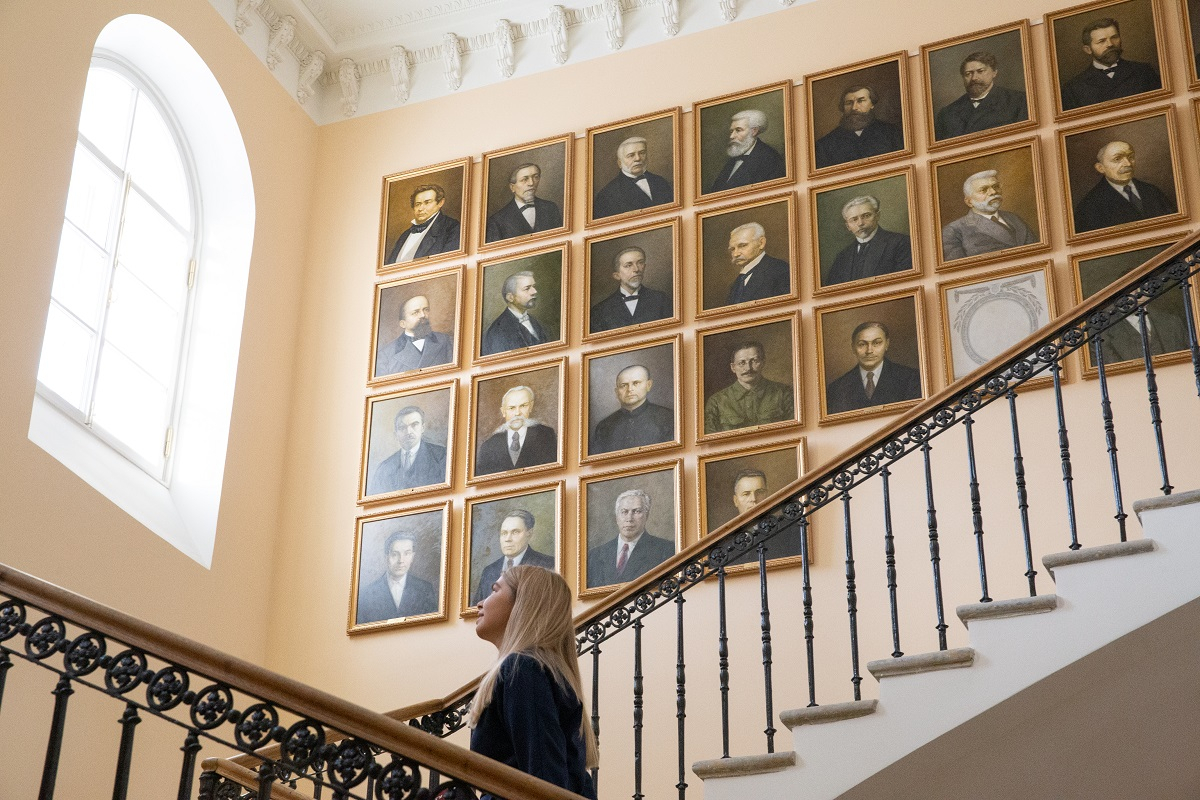
In 2024, St Petersburg University is celebrating its 300th anniversary. In Russia, St Petersburg University has age peers that are at least three centuries old. Among them are: the Russian Academy of Sciences; the city of Perm; the Kunstkamera; and the Raketa Watch Factory to name but a few. The infographic "For over 300s" features other institutions that have recently celebrated their 300th anniversary.
Alumni of St Petersburg University have garnered more than a few prestigious awards and honours, including the Nobel Prizes and Fields Medals. For example, Ivan Pavlov became a Nobel Prize laureate in 1875. He studied the physiology of digestion. The scientist also contributed to the development of psychology, psychiatry, medicine, and pedagogy. Today, laboratories of St Petersburg University contribute to continuing Ivan Pavlov’s legacy, developing new technologies based on his discoveries. You can learn about the achievements of other St Petersburg University’s Nobel Prize Winners and Fields Medallists and how their great work is carried on at the University’s Research Centres in the magazine section "In focus".
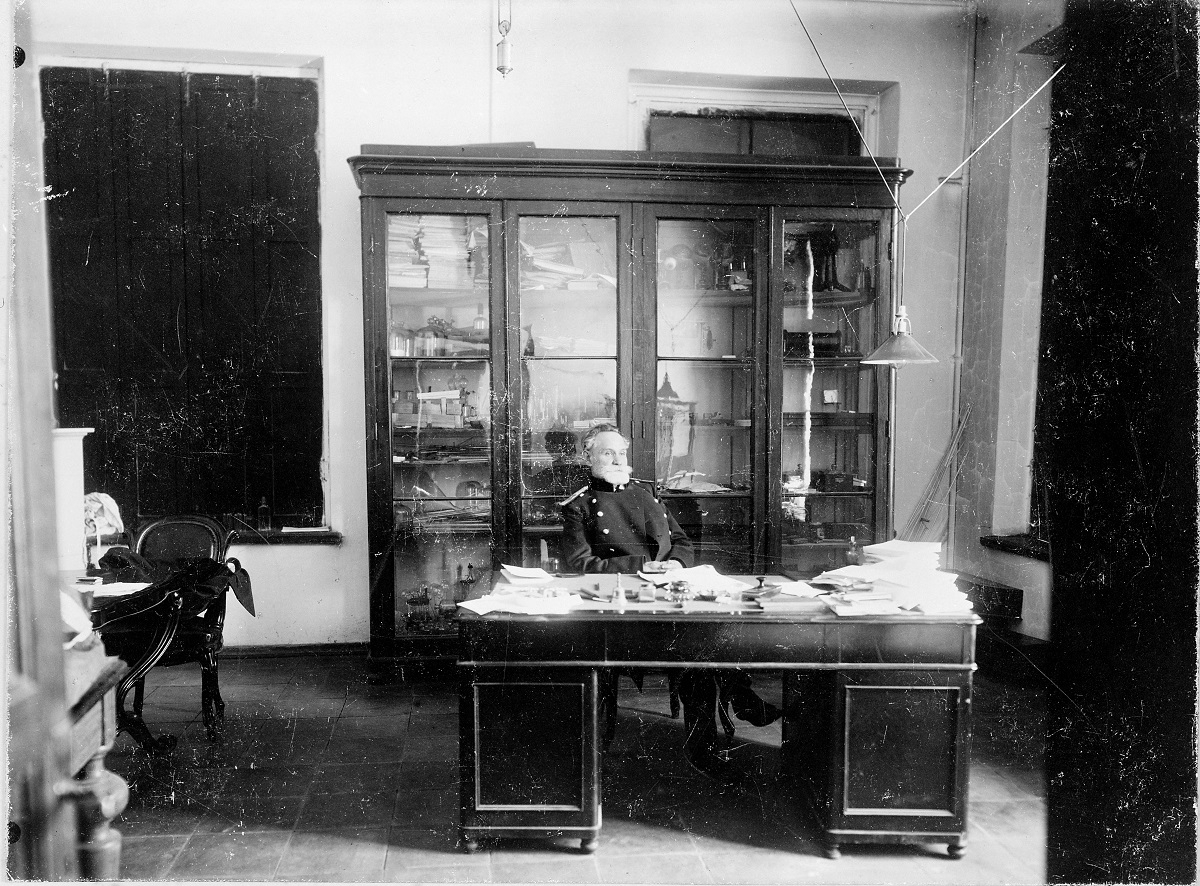
St Petersburg University houses over three million museum exhibits, collected by researchers over the past 300 years. Part of these collections contains genetic samples of plants, animals and microorganisms. The University’s genetic collections, for example, include samples of radish plants with developmental changes, such as: dwarfism; excessively long stems; wavy shoots; or root tumours. What else is stored in St Petersburg University’s genetic collections and how scientists use the samples in their research, read in the material "Genetic Pantry".
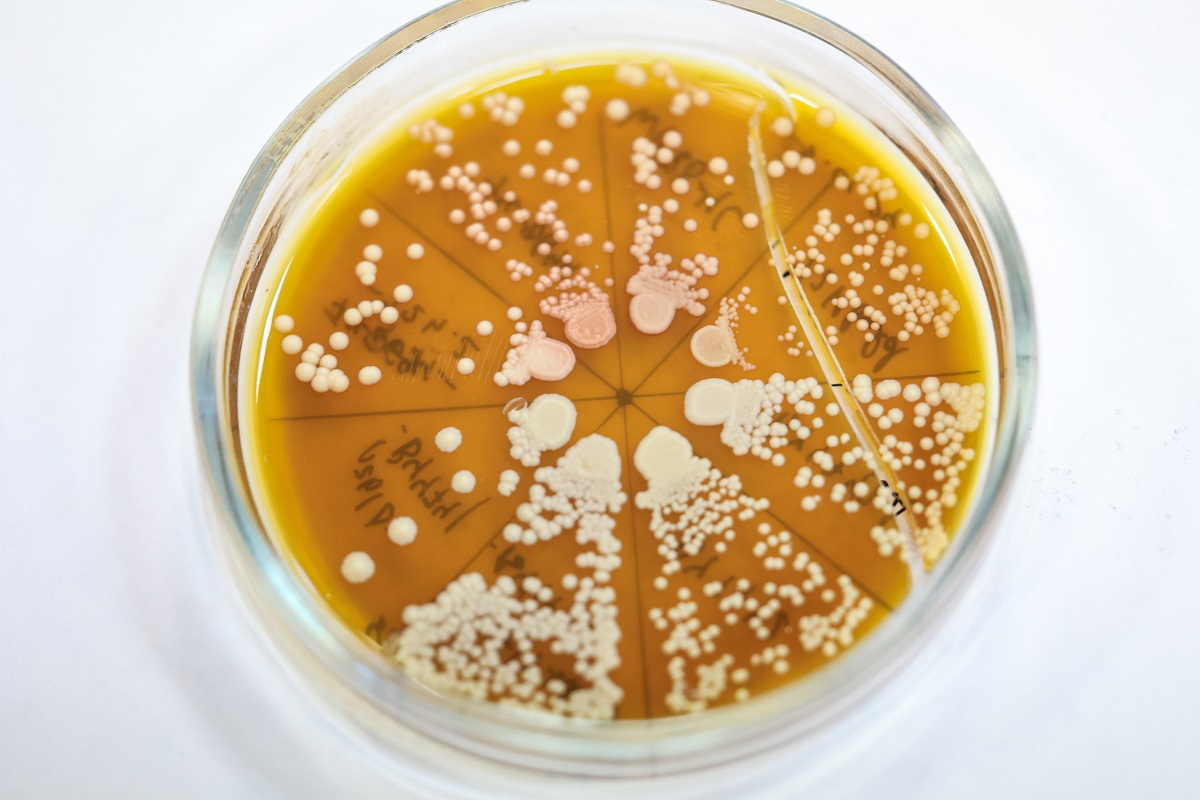
Student brigades emerged at St Petersburg University in the middle of the last century. The student brigade members helped to build hydroelectric power plants, harvest potatoes and clear brush. They also organised concerts and lectures during off-hours. The scope of student brigades’ activities and their geography have been gradually expanding. The infographic "Work, Friendship, University" tells about the St Petersburg University student brigades today.
The history of St Petersburg University is inextricably linked with the Twelve Collegia building, which was built in the early 18th century. The construction of the building began in 1722 by decree of Peter the Great. The building was to house the Senate, the Synod, and the Collegia, established by Peter the Great as part of his government reform. Find out why the construction took 20 years, why the Twelve Collegia building overlooks the Spit of Vasilyevsky Island and when the University students moved into the building from the article "A Home for the University".
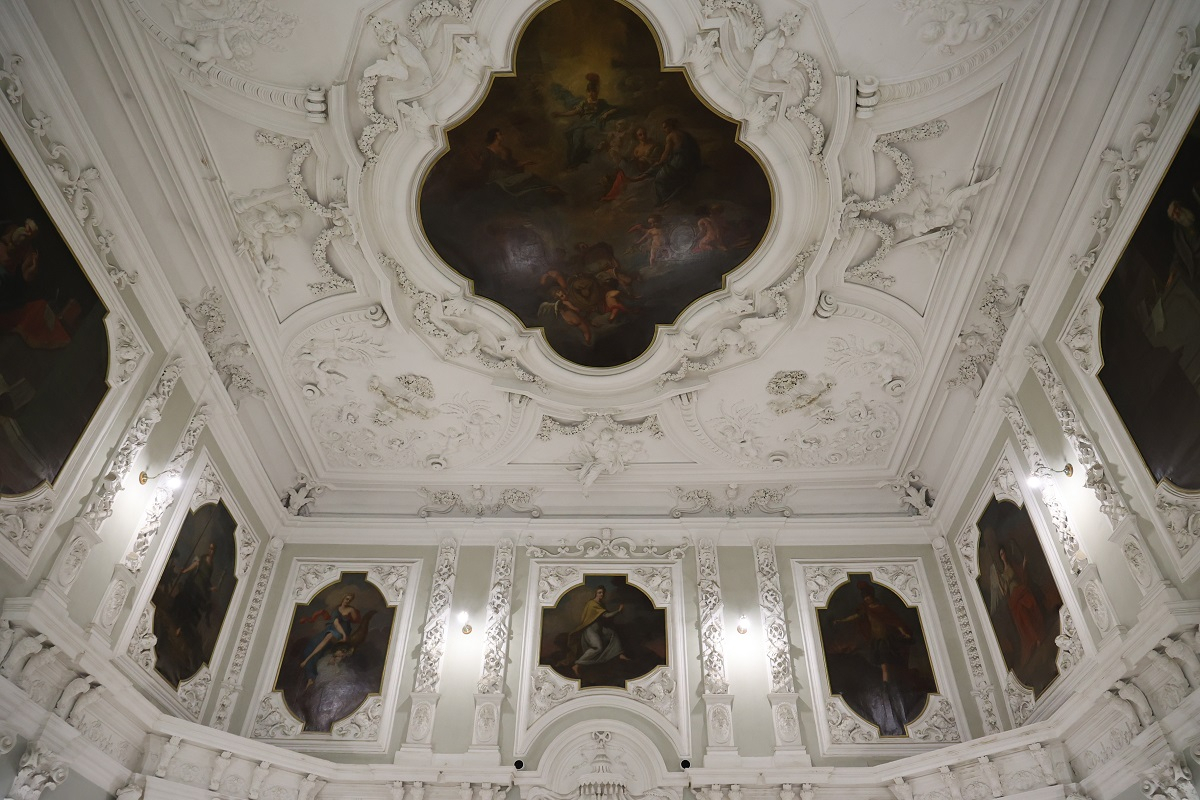
Sergey Mikushev, Candidate of Physics and Mathematics, Vice-Rector for Research at St Petersburg University, was the guest of the latest issue of the St Petersburg University magazine. In the interview, Sergey Mikushev shared why he fell in love with physics; how he assembled a furnace for preparing research samples with his own hands; and why he decided to work as a security guard at a pharmaceutical company when he was a student.
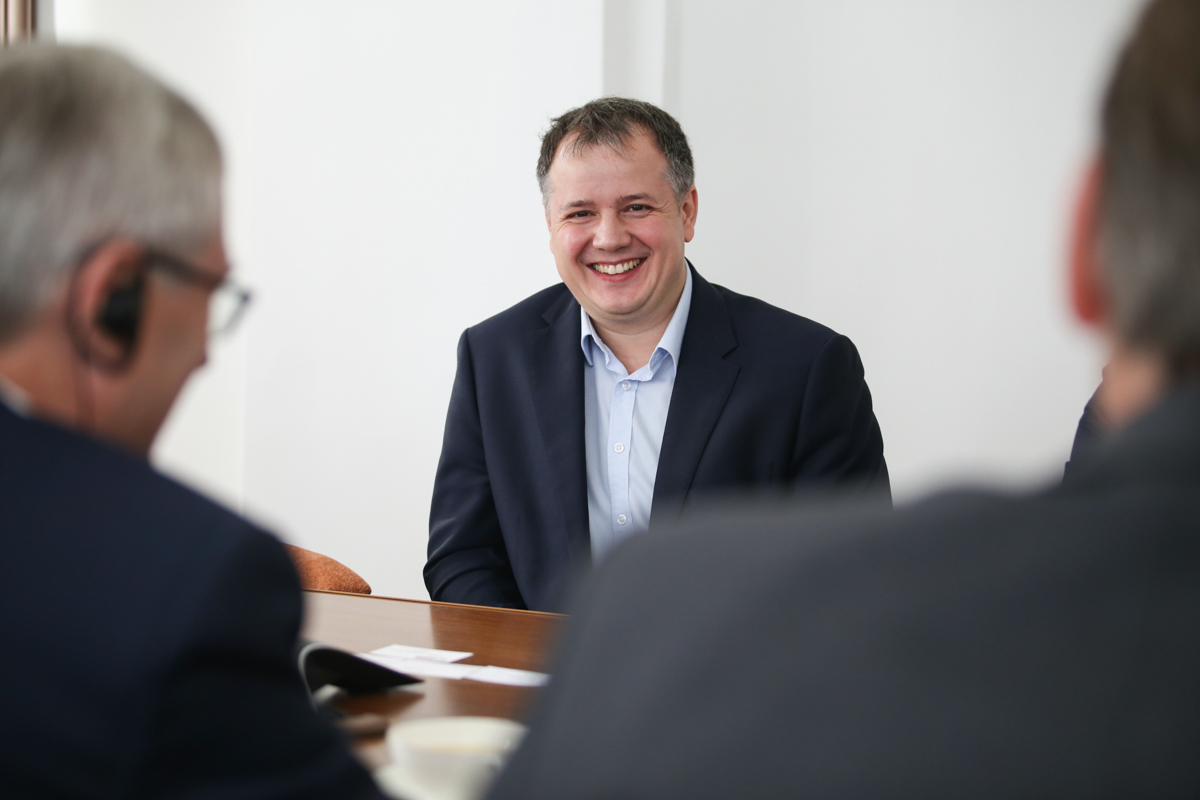
In this magazine issue, you can also read about: how the exact date of the University’s foundation was established; what gifts St Petersburg University received for its 300th anniversary; and in what book you can read the recollections of students and scholars about the University’s past.

